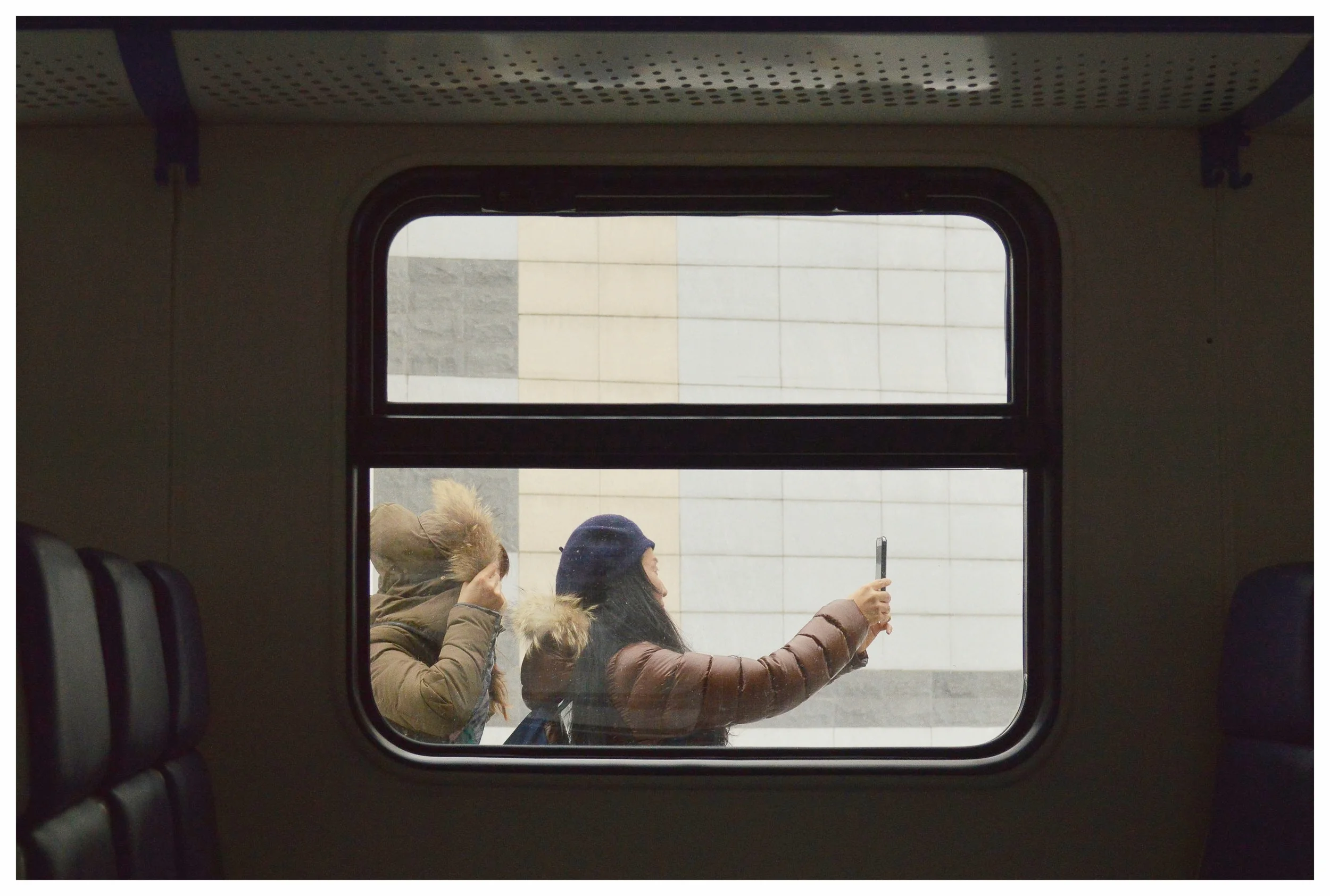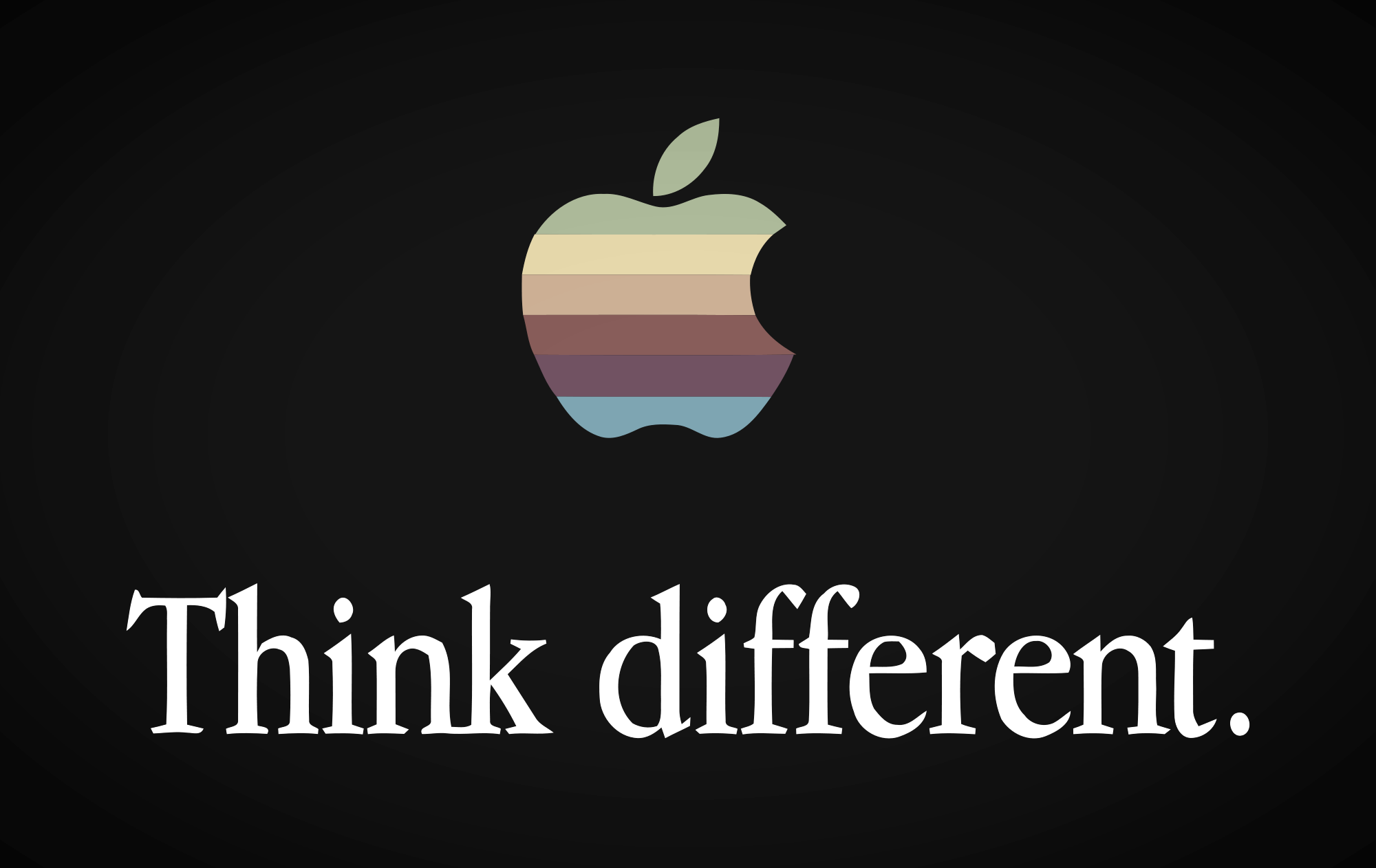How Comparing Yourself To Others Is Worse Than Being Depressed
Comparing myself to others has always been one of my talents. I’ve gotten to be pretty great at it. But just because we do it well, doesn’t make it a great idea. Whether, I am thinking about how many readers or viewers I have or I’m simply unhappy with how my personal recovery compares to someone else’s, the worst part about the practice is that I am very aware of how pointless it is. It’s illogical. It’s nonsensical. Without knowing why, I fall into this trap too.
I see on social media a rush to get higher numbers all the time. But we also can’t fool ourselves into believing we don’t enforce it offline as well. I am sure plenty of readers recall family members encouraging it: “See Bobby, listens to his mom, why can’t you?” If you find your inner voice trivializing your personal experience in the light of what someone else is doing in similar ways, maybe it’s time for us to reflect on this together. And no, you don’t have to have actual depression to feel the effects of this on your mental health.
Photo by Lina Yatsen on Unsplash
We don’t always punch up when we compare ourselves either. Sometimes, we compare ourselves to someone doing worse. Although at first glance this seems like a great way to feel better, it’s really just another way to deny yourself appreciation of your own compliments, i.e. “So-and-so sucks and he has less followers than I do, at least I have that.” Yep, feeling tons better. When we spend time being happy over not being that guy we are still creating an outside standard to go up against. Who is this person, what got them there, why did they fall so low? Maybe they’re actually doing much better than they were yesterday. If you want others to respect that you’re not always your best, time to start thinking about everyone surrounding you with the same lack of judgment.
I think we can all agree that continuously pushing up against an invisible, always stronger foe is probably not the greatest for our mental health. I know we can all agree that no one wins the comparison game. Not even the person who feels briefly better because they explained how their plight is worse than whatever it is you have to deal with.
Photo by Serrah Galos on Unsplash
The three ways that I repeatedly take my own validation is by reminding myself:
- Someone is sicker than me
- Someone deserves care and receives even less of it than I do
- Someone deserves validation more than I do
The healthier thing to do would be to learn how to avoid this kind of thinking, altogether. And no, like everything else, we can’t just stop doing it.
It’s a tough thought loop to beat, but if it was easy I suppose I wouldn’t be writing about it. Just like how I wouldn’t be dwelling on who is doing X better if the necessity to do that wasn’t so baked into our culture and nature.
A recent New York Times article (which included some great research), talks about how being hard on ourselves was originally an incredibly useful trait for survival. It’s a helpful motivator, it keeps us pushing, striving for more. However, for some people, that push becomes the only thing they can think about, and that’s when we become our own obstacles instead of helpers.
These comparisons win out not just due to our common DNA, but because they reinforce our belief that if we just work harder and reach something higher, we’ll finally achieve happiness. It’s the idea that if we’re not constantly moving the goal post, we must be lazy and unmotivated.
The thing is when you’re depressed, having a goal of working towards recovery is already setting the bar high. That is no trivial thing. When you wake up every morning with the goal of simply not ending your life that day and setting out to have the best day possible, that’s already beating odds. Just not according to society because of how we trivialize mental health care. It’s assumed to be a given. Assumed that you can just shake any issue with it off. Measuring your life against the high achievements of others is like a mouse measuring its height against an elephant. The mouse will never get there and has no idea that the elephant is terrified of the mouse’s tiny presence as is.
Reaching towards goals that others have already accomplished is forgetting yourself. Inherently that accomplishment (should you even reach it) will hold no perspective or meaning to you. It’s something someone else has done. Without meaning there is no long-lasting value, hence why the pursuit will feel endless and fruitless.
Photo by Brooke Cagle on Unsplash
Instead, it might be healthier to look to those who you envy as a source of inspiration. Change perspective in every sense. Sure, both inspiration and comparison are a means of doing something because someone else thinks it’s important. But, should you choose to be inspired rather than compared, your achievement of the goal will be yours to be excited about. That’s because instead of measuring up to another’s success, you are using someone’s ideas as a starting benchmark making them better, owning the process of making them yours.
It’s like if Steve Jobs set out to make computers exactly the same as others and then got upset that no one wanted his product, which is exactly what everyone already owned. No Steve Jobs saw a computer and set out to make it Macintosh.
Logo Derivative Free License
What I do understand is the human need to be validated and how that plays into comparison game. First in the sense that we wish to be given credit when we’re working hard to achieve something. It helps to stay motivated if you see that people outside of your situation think you’re doing something great. That endorsement comes in the form of likes, claps, and hearts on social media. Having myself watched a ton of videos on what to do and what to avoid to achieve X, there is nothing that deflates the ego more than following an influencer’s advice and then seeing no change in your social media status. No likes, no claps, no hearts, no follows. It’s crushing. The more we do to be validated, the more we’ve been taught that we should be seeing results, the more that the herd, excuse me, other people, will show appreciation and validate us.
Secondly, it's hard to hear a story that evokes empathy when we haven’t felt that empathy ourselves. The almost immediate light bulb that goes off in my head if I hear someone talking about their difficult childhood is that I want to share my story as well, as part of the story-telling exchange that we culturally come to expect. Worse, if the other person receives sympathy or help or really any of the things I was yearning for when I was telling my story, it becomes difficult not to resent them.
All of this said, the best thing that’s helped me in this battle against comparison has been comparing myself to me. That way my hang-ups about my accomplishments are my own and any trends I see are easily traceable because I am the one who lived through them. Compared to last year’s Marie, I am happier because I took my life back into my own hands and away from depression. When I’ve had a bad year, comparing myself to me won’t feel as great, but it will keep me thinking about what I can do next to change that.
I use my realization that I am comparing myself to others as a signal, a bell to let me know it’s time for self-reflection. Why did I need to look outside of myself? What about the person I am comparing myself to is something I envy/am self-conscious/am scared of? Now take that as a starting point and start working. Keep your nose to the ground to keep your trend upward. You can forget the rest. Your burden is heavy enough without adding someone else’s accomplishments to it.
Photo by Denys Nevozhai on Unsplash
Cover Photo by Nicolas Thomas on Unsplash





